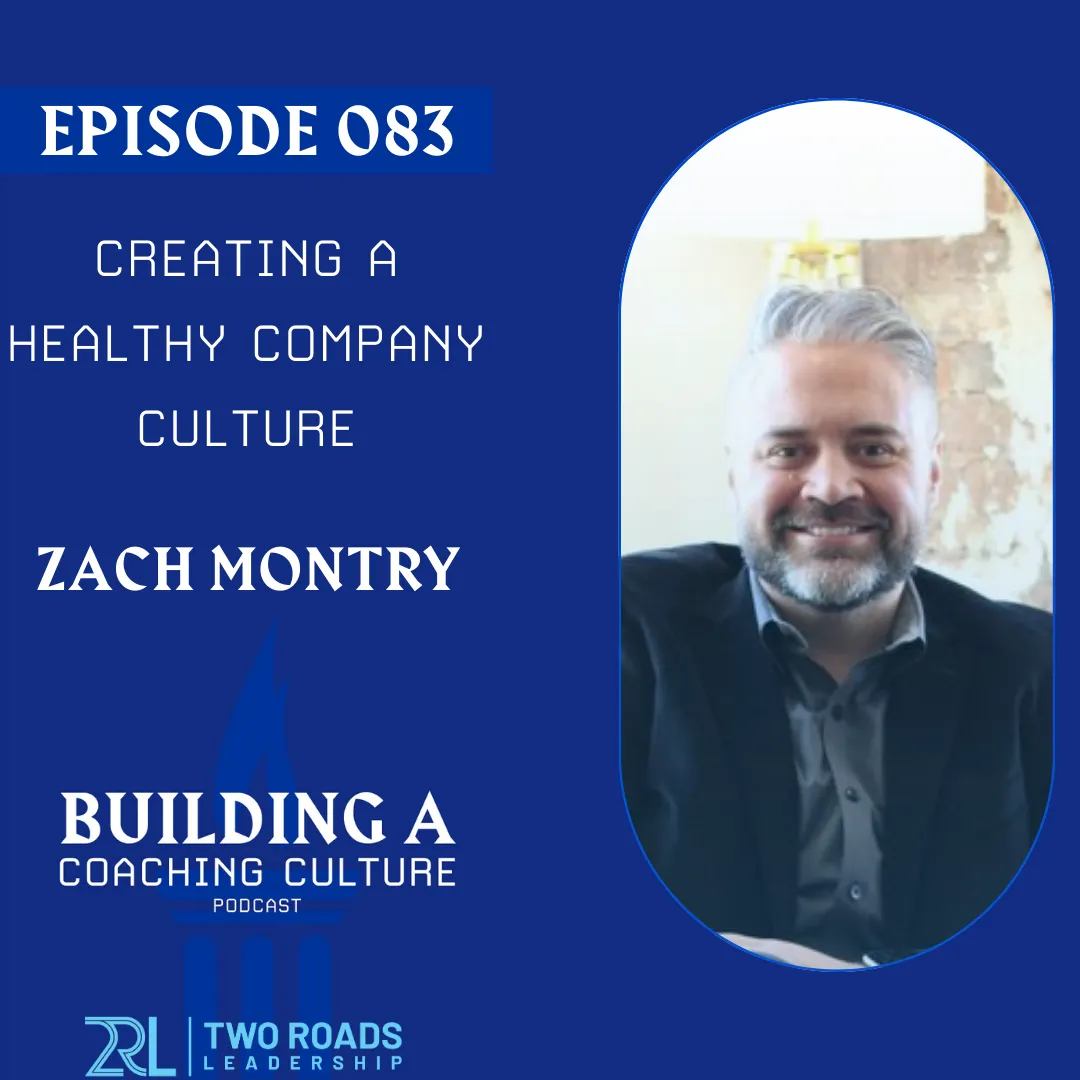Our guest today is Zach Montroy, the Founder and CEO at The Intention Collective and a leadership team coach with over 20 years of experience in executive roles. Zach’s passion for helping leaders expand their impact and build trust has led him to focus his efforts on helping entrepreneurs scale and grow their businesses. Zach is known for his ability to distill complex concepts into actionable insights that help businesses achieve their goals. We’re excited to have him join us today to share his knowledge and insights.
In this episode, you'll learn about:
* The importance of culture and values in an organization.
* Why leaders need to model the culture they want to have.
* How to create accountability without coercion.
* How to use courage instead of shame to hold people accountable.
* Why clarity is essential for healthy accountability.
* Why intentionality and boundaries are key to balancing work and life.
Building a Coaching Culture is presented by Two Roads Leadership
Produced, edited, and published by Make More Media
Episode Links
Zach Montry
J.R. Flatter
Founder of Two Roads Leadership
Lucas Flatter
Resources
2RL 4 day Coach Certification Bootcamp
2RL ICF-Approved Coach Certifications and Trainings
Transcript
Automatic Transcription - please excuse any errors

